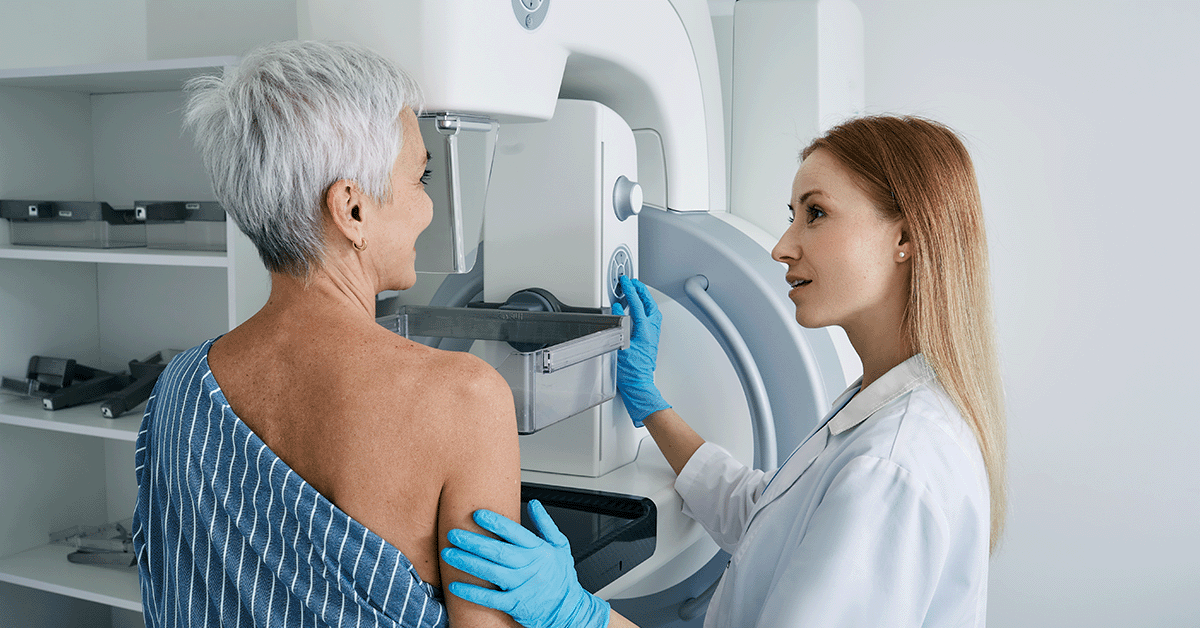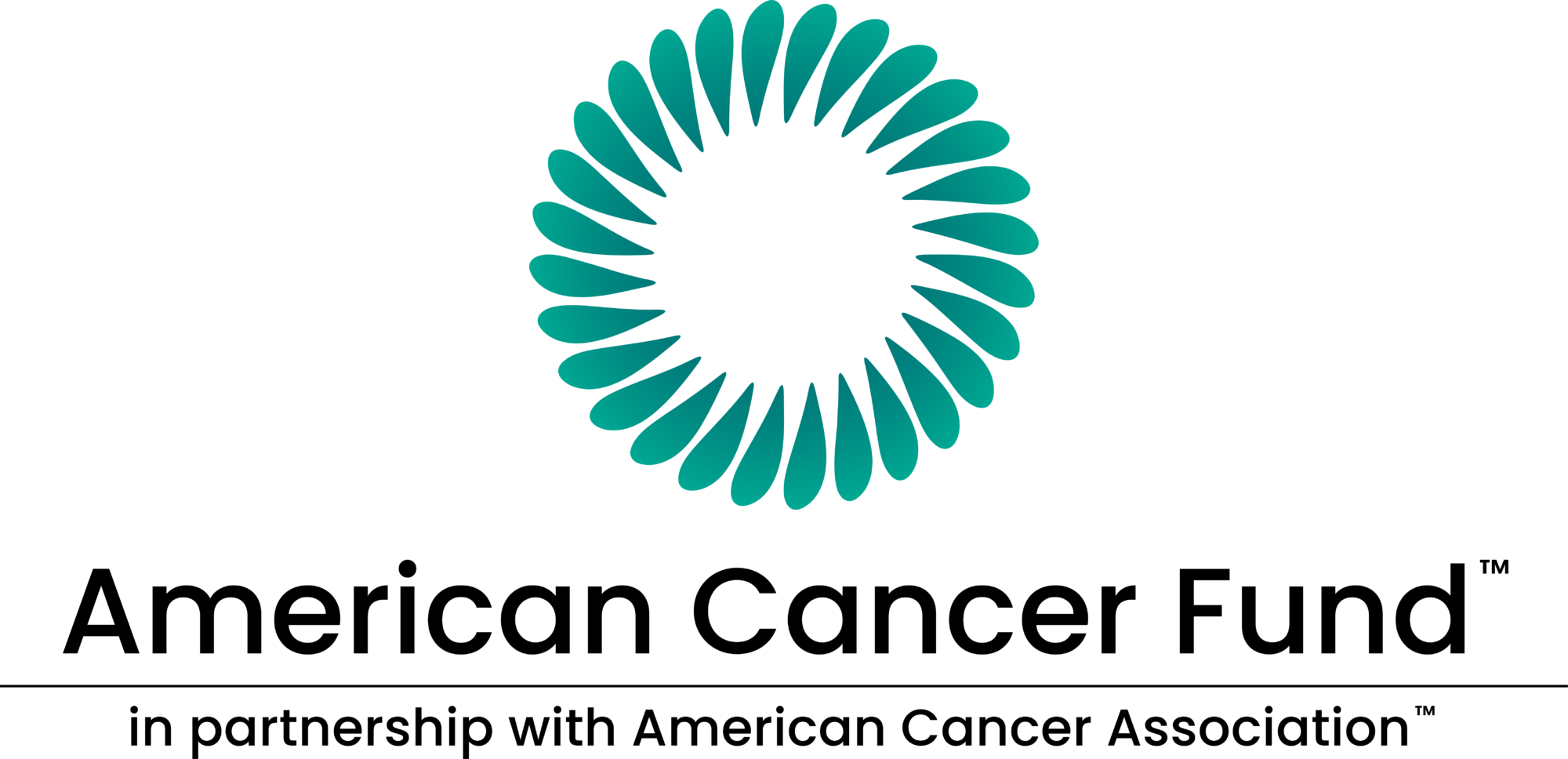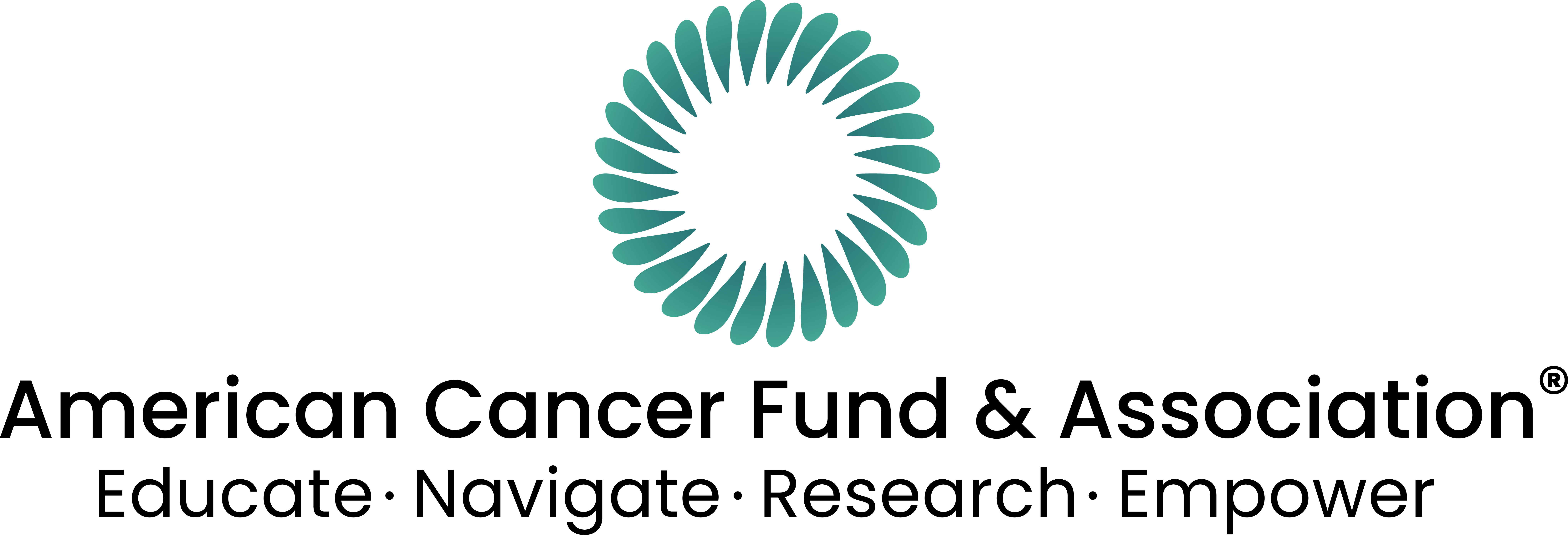Cancer. It's a word that strikes fear into the hearts of many, and for good reason. But what if we told you there's a powerful tool in our arsenal against this formidable foe? Early cancer screenings have the potential to change the narrative, offering hope and improved outcomes for countless individuals. Today, we're diving into why early cancer screenings are more crucial than ever, especially as we witness a concerning trend: the rising incidence of cancer in younger populations.
The Alarming Rise of Cancer in Younger People
Gone are the days when cancer was considered a disease primarily affecting the elderly. Recent studies have painted a sobering picture of cancer's increasing impact on younger generations. A groundbreaking study conducted by Brigham and Women's Hospital has revealed a dramatic surge in early-onset cancers since the 1990s. This includes cancers of the breast, colon, kidney, liver, and pancreas, among others. What's driving this trend?
Researchers point to a complex interplay of factors, including altered microbiomes, sleep deprivation, and higher alcohol consumption. According to the Harvard Gazette, this study highlights significant global trends and potential contributing factors to the rise in early-onset cancers. The numbers tell a stark story: according to a 2023 CNN report, cancer rates in women have been increasing by an average of 0.67% annually. While men have seen a slight decrease of 0.37% per year, the overall trend is clear – cancer is increasingly becoming a concern for younger adults.
Recent reports further underscore this reality, showing a steady rise in new cancer cases involving younger individuals. According to recent studies, the proportion of colorectal cancer cases among adults younger than 55 has increased significantly over the past few decades. This contributes considerably to the overall increase in cancer incidence, making it clear that early cancer screenings are more important than ever.
The Life-Changing Benefits of Early Cancer Screenings
Despite these sobering statistics, there is hope: early cancer screenings. The benefits of catching cancer in its early stages cannot be overstated. When detected early, many cancers are more treatable, and the chances of survival increase dramatically. Recent research has consistently shown that cancers detected through screening before symptoms develop are associated with significantly reduced mortality rates. Take, for instance, the introduction of the Pap Test for cervical cancer. This simple screening tool has led to a substantial reduction in cervical cancer deaths in the United States, showcasing the life-saving potential of early cancer screenings.
Moreover, established screening programs for breast, cervical, and colorectal cancers have proven highly effective in reducing late-stage cancer diagnoses. These late-stage diagnoses are typically associated with poorer outcomes, making early detection a crucial factor in improving survival rates.
Common Early Cancer Screenings: Your First Line of Defense
Understanding the types of early cancer screenings available and when to get them is crucial for proactive health management. Here are some of the most common cancer screenings and their general recommendations:
- Mammograms: They are generally recommended annually for women starting at age 40-45, depending on individual risk factors.
- Pap Smears: They are typically recommended every three years for women ages 21-65, with the option to extend intervals when combined with HPV testing.
- Colonoscopies: Usually recommended starting at age 45 for those at average risk, with frequency depending on findings and risk factors.
- Prostate Cancer Screening: The approach has evolved to balance benefits and risks. Men should discuss PSA testing with their healthcare provider, typically starting around age 50 for average-risk individuals.
- Skin Cancer Checks: Annual full-body skin exams are recommended, especially for those with risk factors like fair skin or a history of excessive sun exposure.
It's important to note that these are general guidelines. Your healthcare provider can offer personalized recommendations based on your individual risk factors and family history.
Use our Medical Check-Up Checklist to take proactive steps for your health. Find details like how often and what type of screenings you may need based on your age and gender.

Overcoming Barriers to Screening
Despite the clear benefits, many individuals face barriers to regular cancer screenings. Common obstacles include:
- Fear of the screening process or potential results
- Misinformation about the necessity or effectiveness of screenings
- Cost concerns, especially for those without comprehensive health insurance
- Lack of access to healthcare facilities, particularly in rural or underserved areas
Overcoming these barriers requires a multi-faceted approach. Education is key – understanding the importance and process of screenings can alleviate fears and dispel myths. Many healthcare providers and community organizations offer low-cost or free screening options, and telemedicine has expanded access to initial consultations and follow-ups.
Remember, your health is an investment, not an expense. Prioritizing regular screenings can save not only your life but also reduce long-term healthcare costs associated with advanced-stage cancers.
Be Proactive, Be Empowered
As we conclude this exploration of early cancer screenings, we urge you to take action. Here's what you can do:
- If you're due for any cancer screenings, make that appointment today. Your future self will thank you.
- Share this information with friends and family. Knowledge is power, and your share could save a life.
- Keep up with the latest screening guidelines and discuss your individual needs with your healthcare provider.
- Join Screamin' for Screenings, a campaign dedicated to raising awareness about the importance of health screenings and early detection.
Remember, early detection saves lives. By being proactive about your health and encouraging others to do the same, you're not just protecting yourself but contributing to a healthier, more informed community.
For more information on cancer screenings and support services, visit the American Cancer Fund's cancer screening information page. You can also find valuable resources and support through their cancer types section.
Together, we can envision a future where cancer is caught early, treated effectively, and lives are saved. Your next screening could be the most important appointment you ever make. Don't wait – take charge of your health today.

